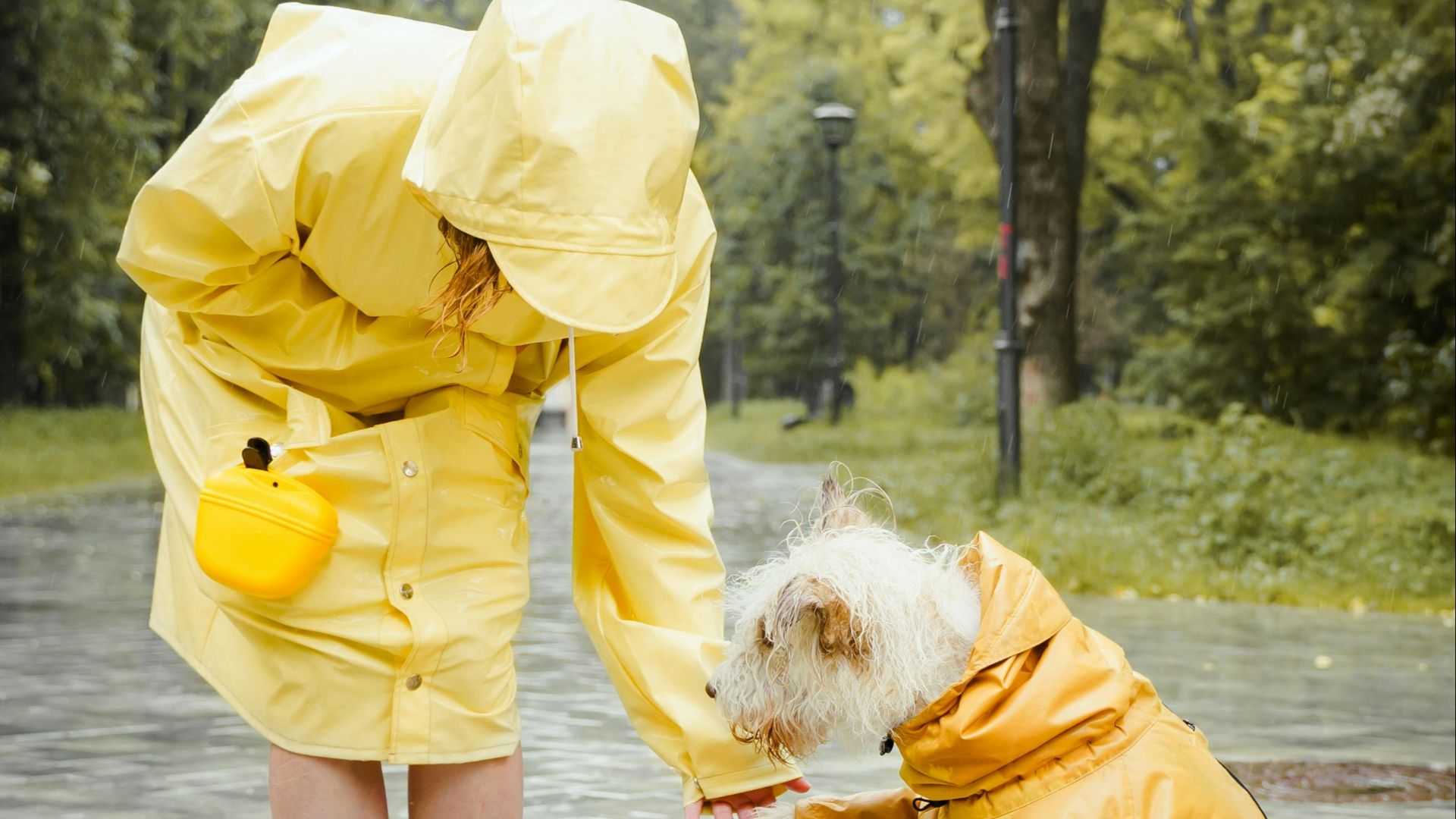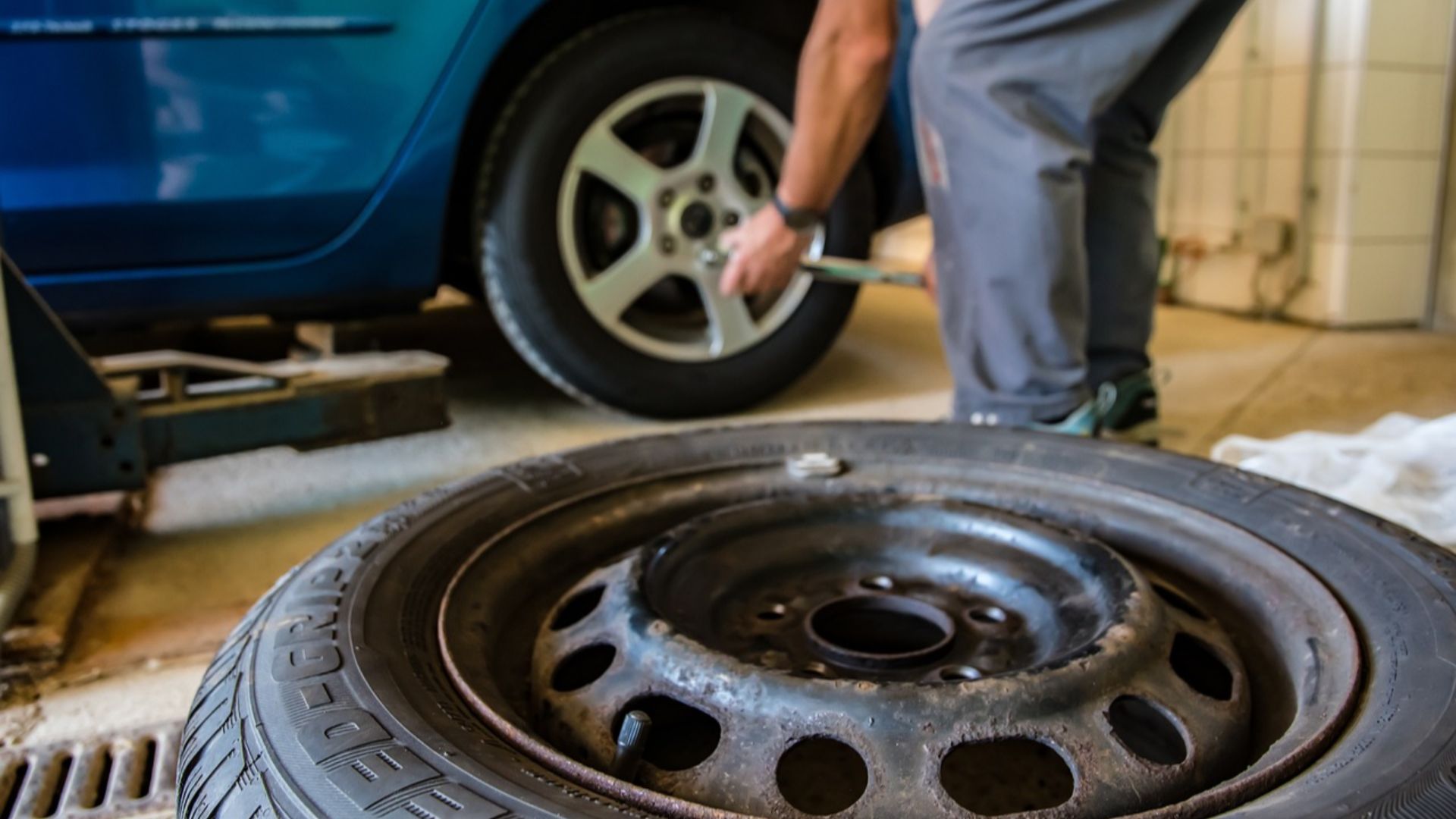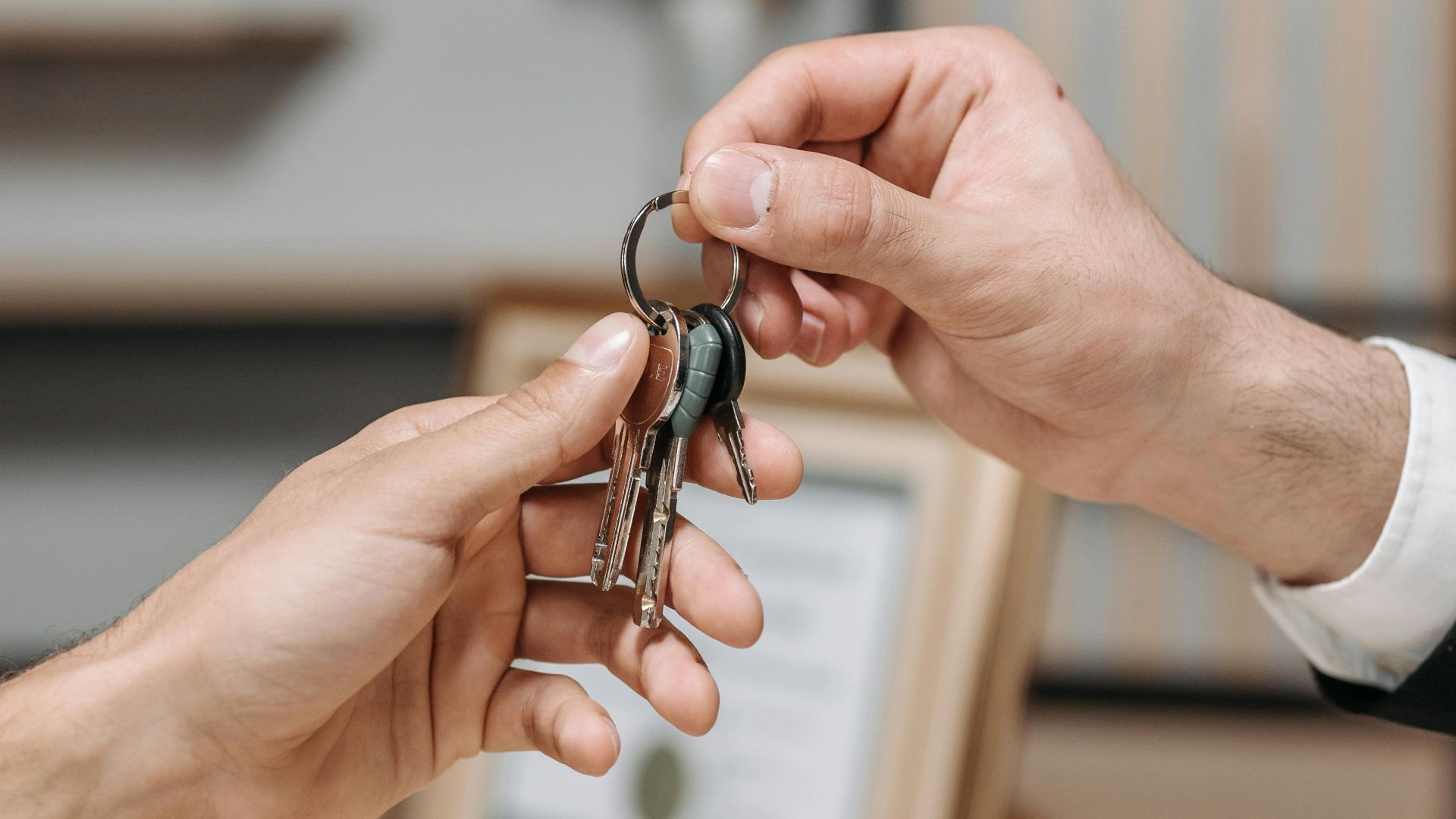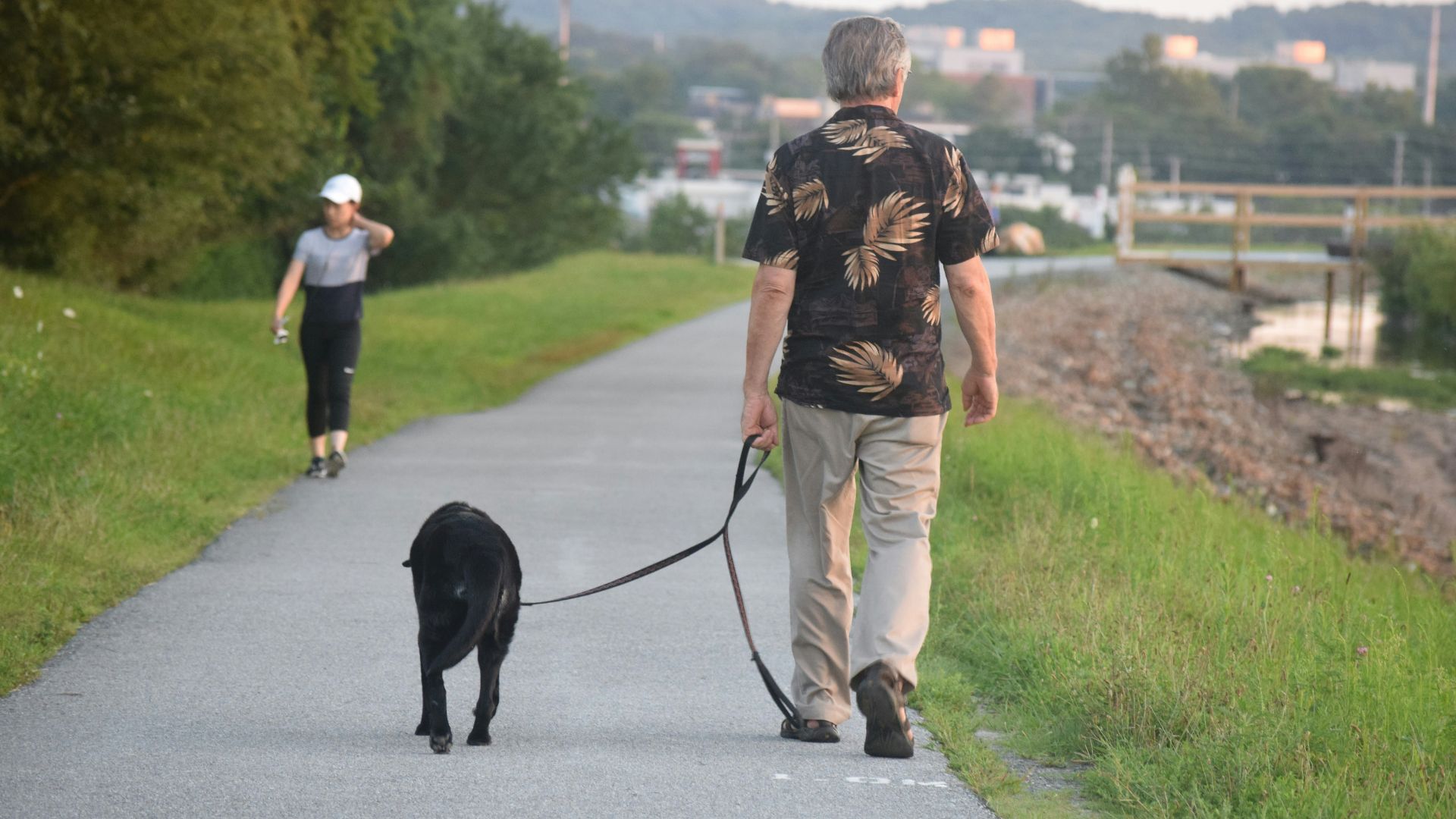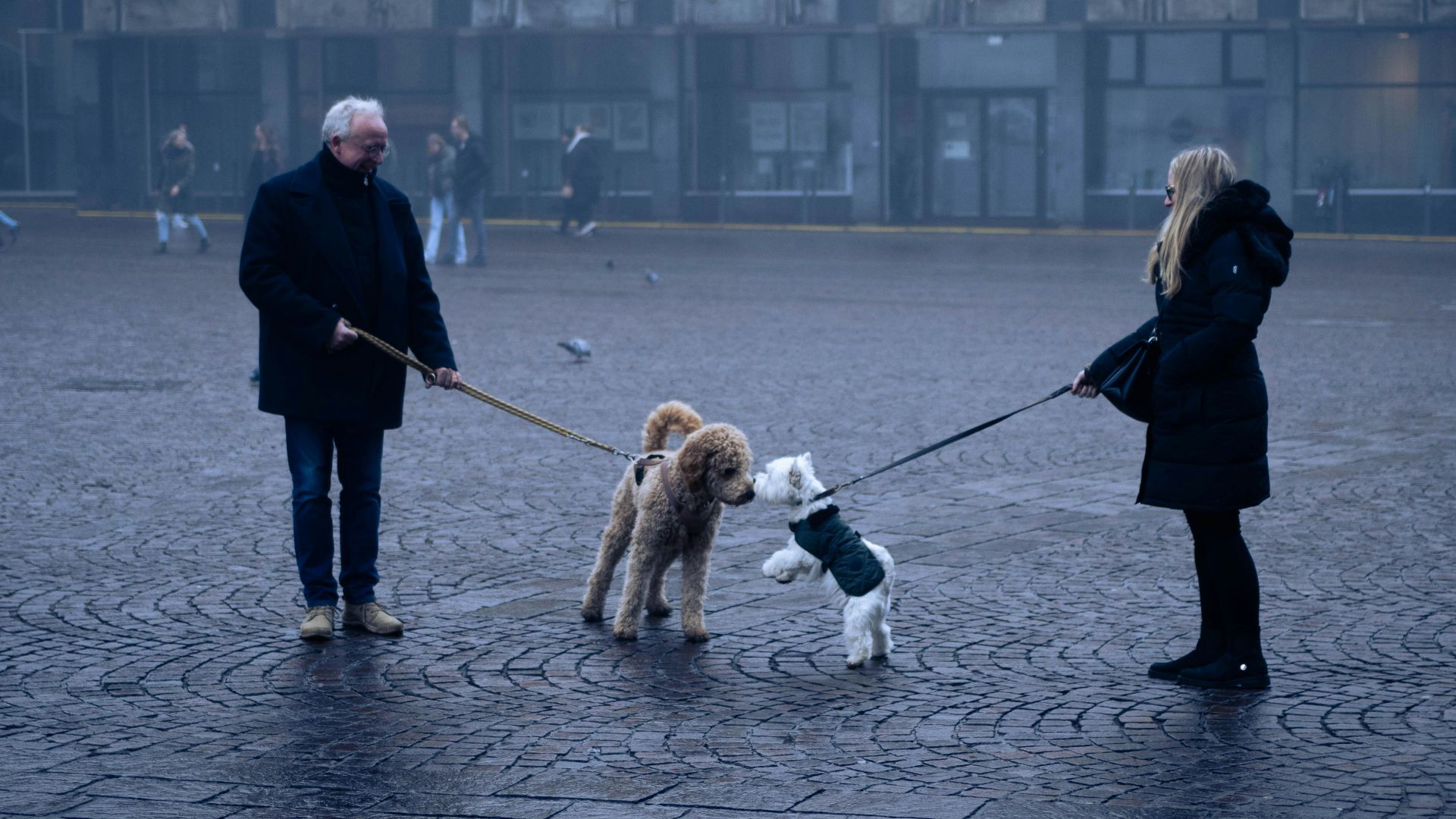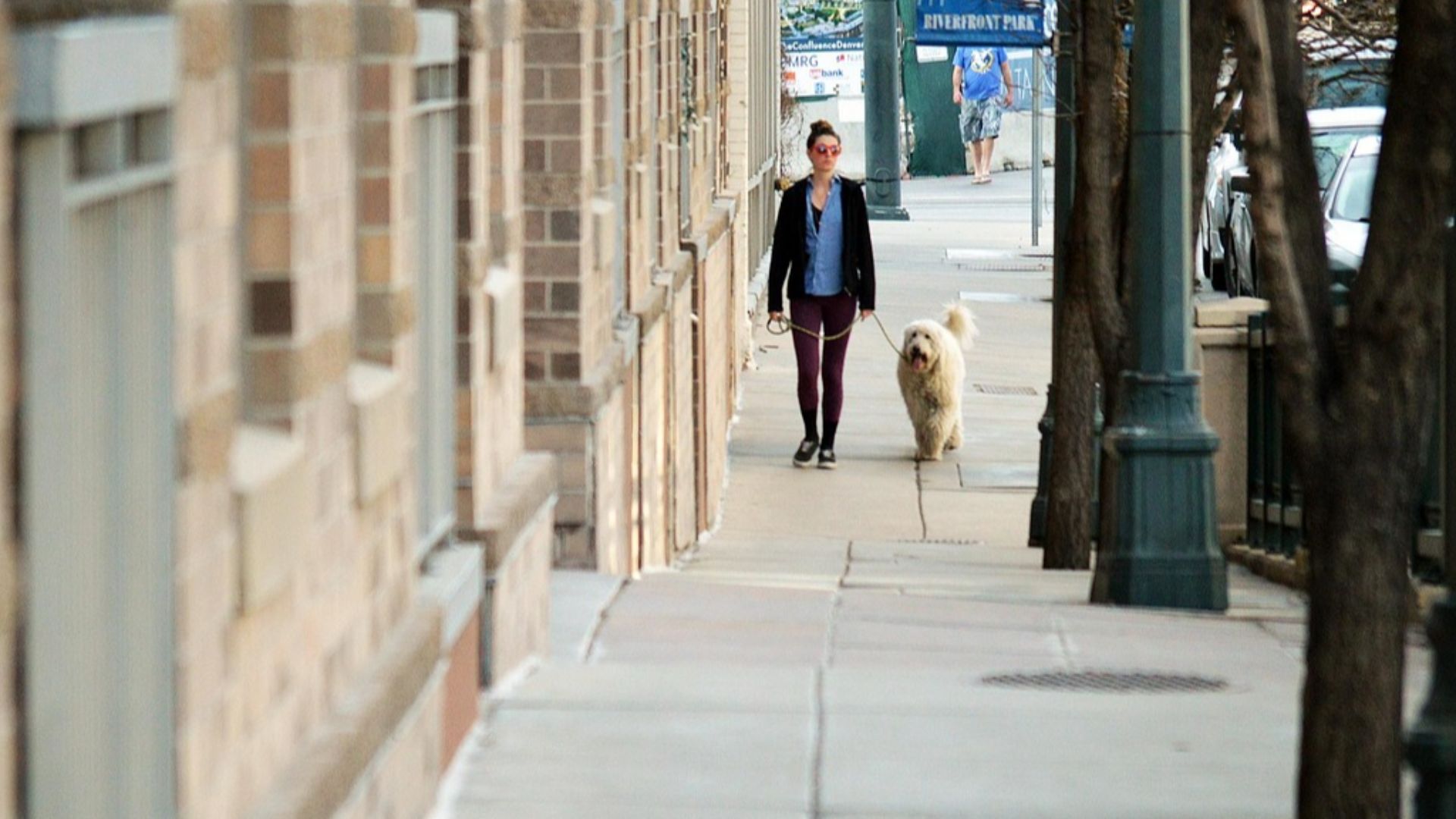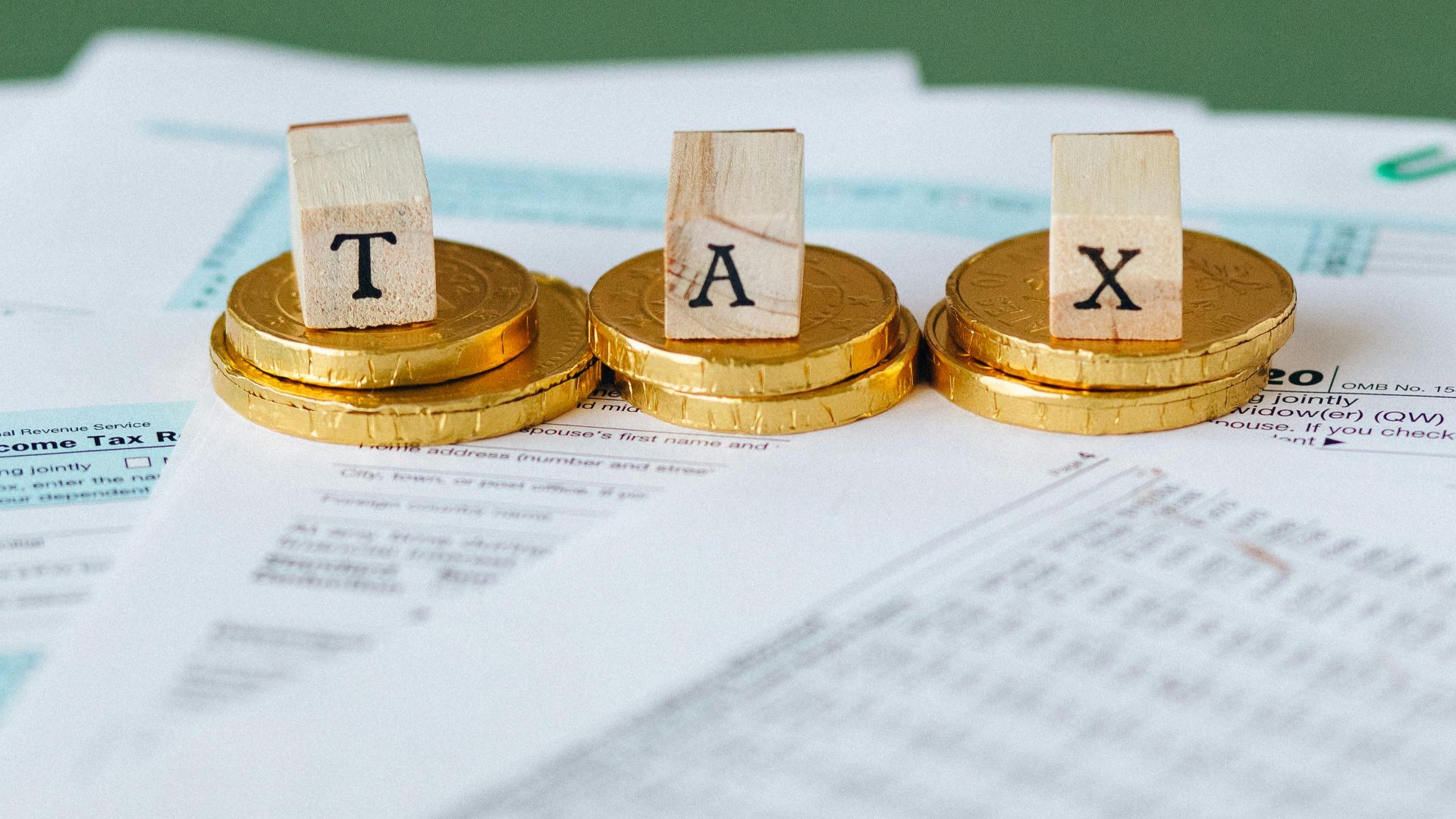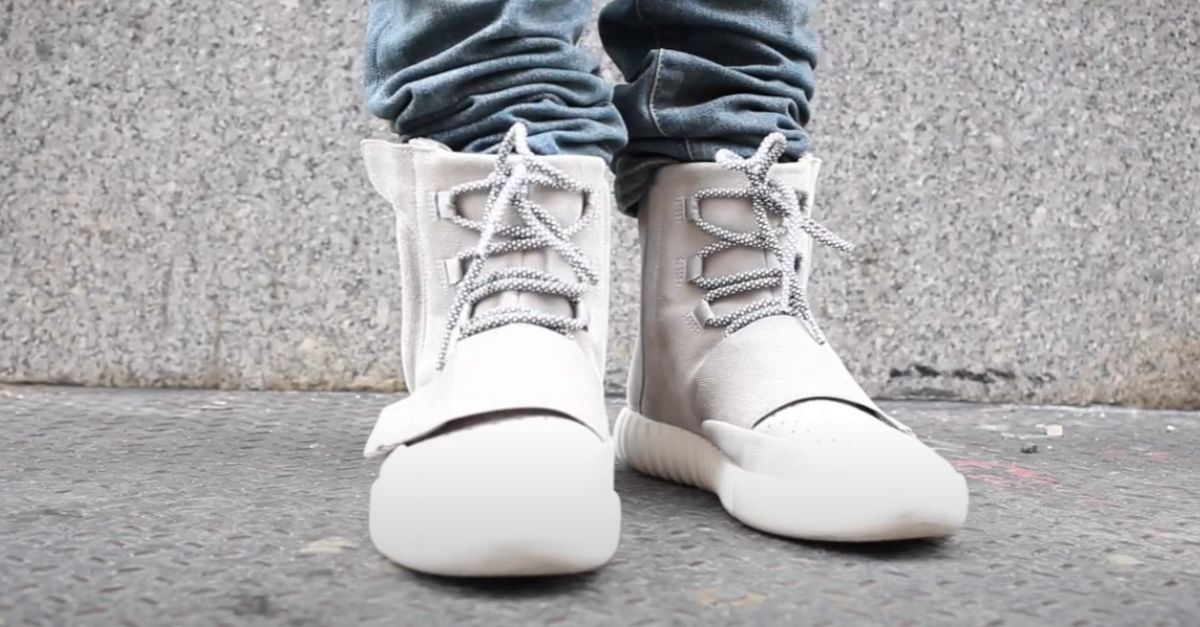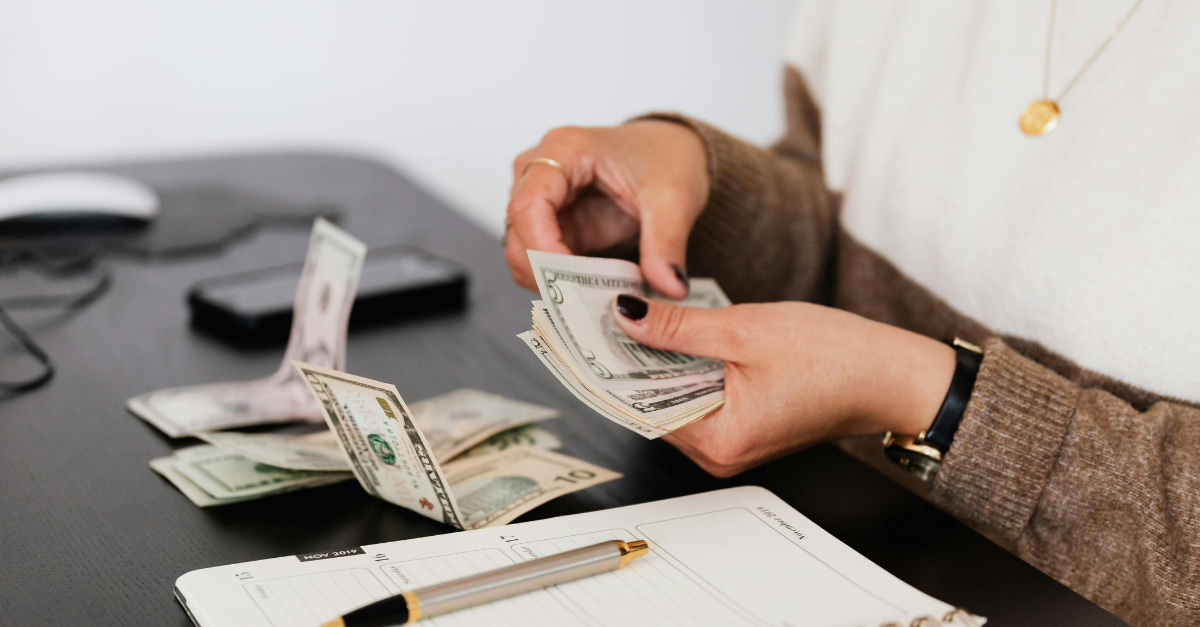Business In Crisis
Starting a dog-walking business sounds like a dream, right? You're outdoors, you're with dogs, you’re your own boss—and you even got yourself a trusty van to haul pups around town. You think you're finally making it, until an accident turns your van into scrap metal, and you realize that you never bought insurance. Don't worry, you're not the first to forget a crucial box to tick. And you're definitely not out of options.

Ensure Everyone’s Safety
First things first: make sure you and the pups are okay. Check for injuries and move everyone to a safe spot. Even if everyone seems fine, keep an eye on the dogs for signs of stress or shock. Safety always comes first.
Document The Damage
Snap photos of everything, including the van, the road, and any damage nearby. If witnesses saw the accident, get their info and statements. And don’t you forget to request a copy of the police report. It may feel overwhelming, but early documentation makes everything smoother down the road.
Report The Accident
If you haven’t already, notify the local authorities. File any necessary accident reports and double-check if additional documentation is needed in the area. It may not seem helpful right now, but official records are your friend, particularly when sorting out next steps or seeking legal advice.
Check For Any Existing Coverage
Even without commercial insurance, you might not be totally out of luck. Though options like personal auto, credit card, or renter’s insurance rarely cover business use, there’s occasionally a small exception. It is, therefore, worth checking every nook and cranny before assuming you’re completely helpless.
Secure The Van
Don’t leave the van sitting out where it could rack up more damage or fees. Call for a tow or arrange secure storage as soon as possible. It’s one less thing to stress over and helps you stay in control of the situation moving forward.
 BrokenSphere, Wikimedia Commons
BrokenSphere, Wikimedia Commons
Assess The Total Loss
Before writing off the van completely, have a trusted mechanic or insurance adjuster take a look. “Totaled” can mean different things depending on the damage and repair costs. You might be surprised that it could be fixable, or at least worth salvaging parts or equipment.
Sell Salvageable Parts Or Equipment
If the van’s a total loss, don’t overlook its parts. Salvage tires, GPS units, crates, or custom racks—anything reusable or sellable. Even a few hundred dollars from these can soften the financial blow and buy you time while you figure out your next move.
Explore Emergency Funding
Don’t panic, as there are options. Look into personal loans or even crowdfunding platforms like GoFundMe. Many people love supporting small business owners who hit a rough patch. Go ahead and explain what happened and how the funds will help you bounce back.
Negotiate With Creditors
If you financed the van, get in touch with the lender. Don’t wait. Explain the situation and ask about hardship programs or revised payment plans. Most creditors prefer working with you rather than chasing payments you can’t make, especially if you show effort and honesty.
Pause Non-Essential Spending
Now’s the time to hit pause on anything non-essential. Cut back on subscriptions or dining out. Even small changes add up fast, and every dollar saved gives you a little more breathing room while you get the business back on track.
Consult A Legal Professional
If anyone else was involved or if you’re worried about liability, it’s smart to talk to a lawyer. A quick consult can clarify your rights, potential penalties, and how to respond if you're sued or cited. Legal advice now can save major trouble later.
Notify Clients Promptly
Be honest with clients about what happened. Let them know that there may be temporary delays and offer refunds or alternative arrangements if needed. Most people will understand the situation if you’re upfront and show you’re doing your best to make it right.
Reflect On What Went Wrong
Once the dust settles, take a moment to unpack how things unraveled. Was skipping insurance a budget decision? Rushed planning? Lack of information? Pinpointing the gaps helps prevent repeat mistakes. Rather than feeling guilty, learn from the experience so your next chapter starts with a little more wisdom.
Find Temporary Transportation
No van? No problem. Consider renting a vehicle short-term, borrowing one from a friend, or even setting up a bike-and-cart system for nearby clients. This might take a little creativity, but staying mobile keeps the business running while you recoup.
Add Walking Assistants
If you’re stuck without a vehicle, consider hiring part-time walkers to cover different neighborhoods. It keeps your business running and your clients happy. Delegating can buy you time while you sort out repairs or replacement options. However, make sure the assistants are trustworthy and pet-savvy.
Partner With Other Dog Walkers
Reach out to fellow dog walkers around you, specifically those who may be open to temporary partnerships. You can refer clients to them or even ride along if they have space. Partnerships are a great way to stay active in the biz while you rebuild your setup.
Offer On-Foot Services
If transportation’s an issue, focus on walking dogs in your immediate neighborhood. Though it's a back-to-basics approach, it keeps the business name out there and the clients happy. Plus, local clients might love the extra attention their pups are getting while you go old-school.
Reassess Your Service Area
Shrink your coverage zone for now so you’re not stretching resources thin. Tightening your radius saves time, cuts costs, and reduces stress while you recover. As things improve, you can gradually expand again, but for now, small and manageable is the smart move.
Get Proper Insurance
Once everything is back to normal, don’t skip this step again. Get both vehicle and business insurance that fits your needs. Doing this might feel like another expense, yet it’s real peace of mind. You’ll thank yourself the next time life throws a curveball.
Create A Risk Management Plan
Now’s the chance to turn lessons into a plan. Build a little emergency savings and review insurance annually. You can also have a basic “what if” checklist in place. That way, if things go sideways again, you’re not starting from scratch but stepping in with a plan.
 Photo By: Kaboompics.com, Pexels
Photo By: Kaboompics.com, Pexels
Track All Expenses
Keep receipts, invoices, repair quotes, everything. Good records help with loan applications and future insurance claims. They're also needed when planning a financial comeback. With them, you'll clearly see where your money’s going and where you can save or invest smarter next time.
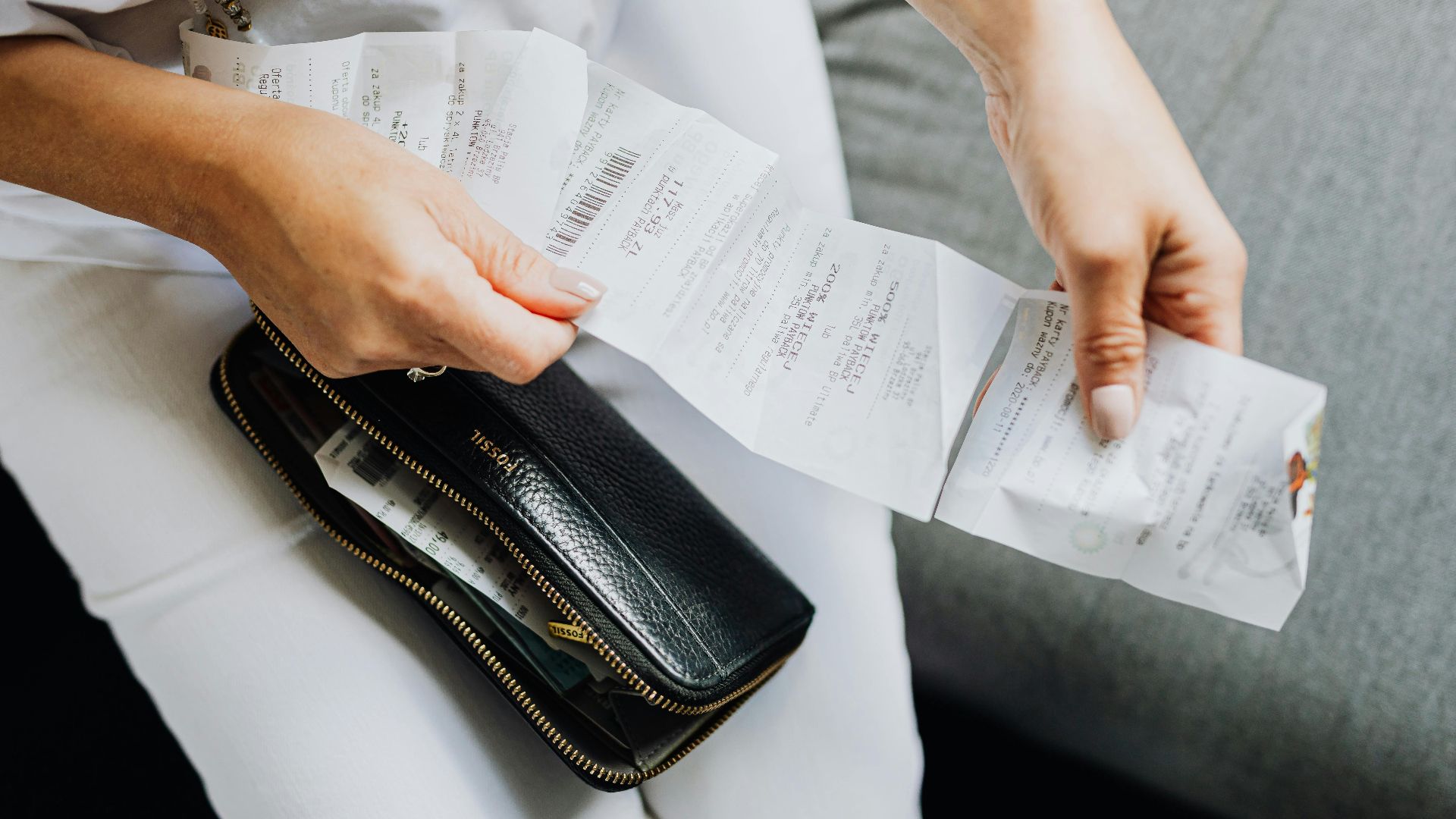 Photo By: Kaboompics.com, Pexels
Photo By: Kaboompics.com, Pexels
Use The Loss For Tax Deductions
Don’t overlook the potential tax relief. If the van was used primarily for your dog-walking business (over 50% of the time), you may be able to deduct part of its cost and depreciation. Keep in mind that if you previously claimed depreciation, part of the payout may be taxable as depreciation recapture.
Rebuild Client Trust
After a disruption, it’s all about showing the clients you’ve bounced back stronger. Talk about the changes you’ve made and highlight new safety steps. Transparency builds trust, and clients will appreciate your honesty and resilience way more than a polished, perfect image.
Diversify Your Services
Consider offering add-ons like pet-sitting, basic training, or grooming. Such diversification reduces dependence on a vehicle and gives clients more reasons to stick with you. Bonus: New services mean extra income streams, which can help cushion the blow if something unexpected happens again.
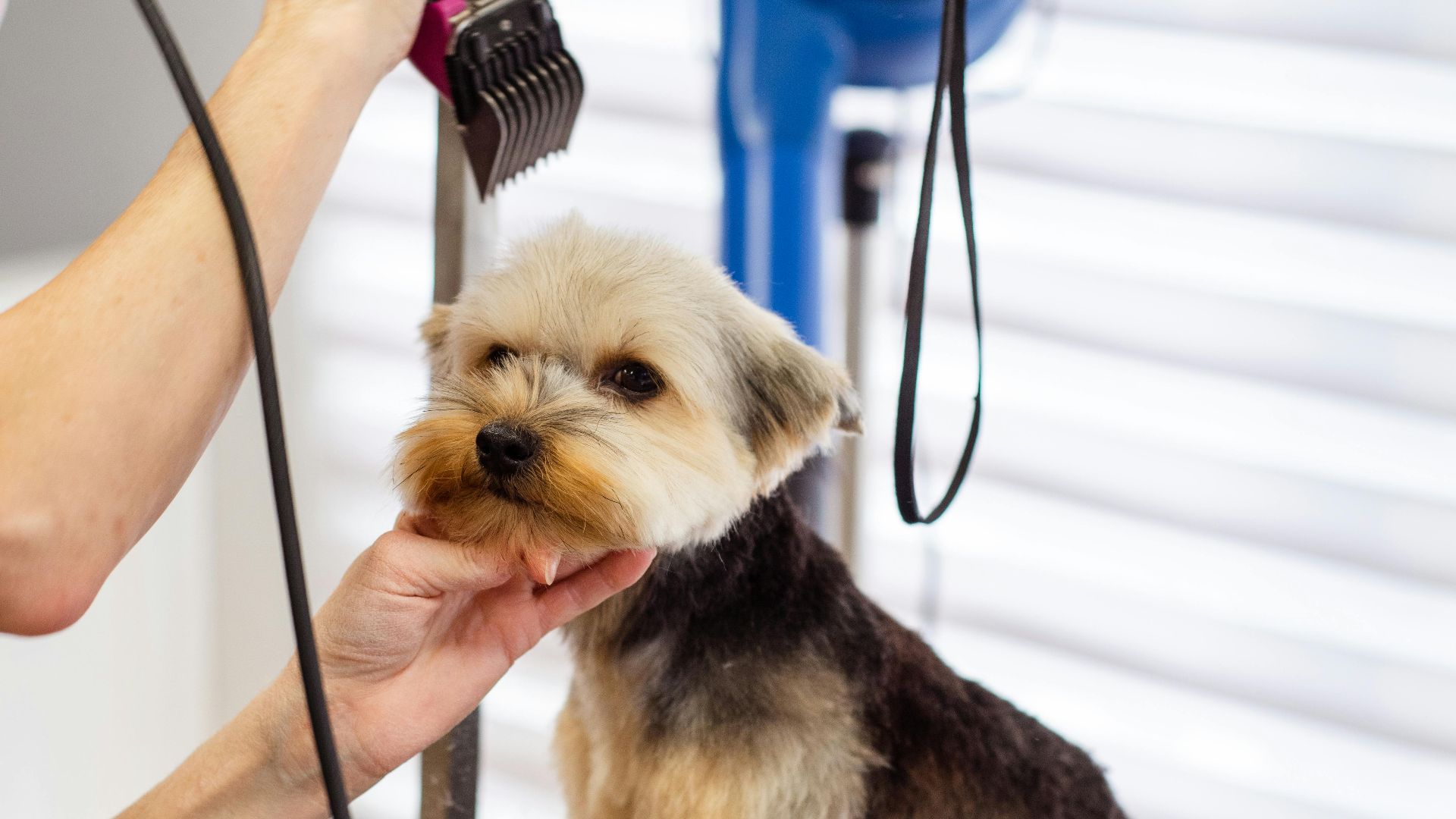 Goochie Poochie Grooming, Pexels
Goochie Poochie Grooming, Pexels
Turn The Setback Into A Brand Story
Every great business has a bounce-back story. Share yours! Whether it’s on social media or your website, talk about what you’ve learned and how it made you better. Clients love supporting people who grow through adversity; it makes your brand more relatable and even unforgettable.


